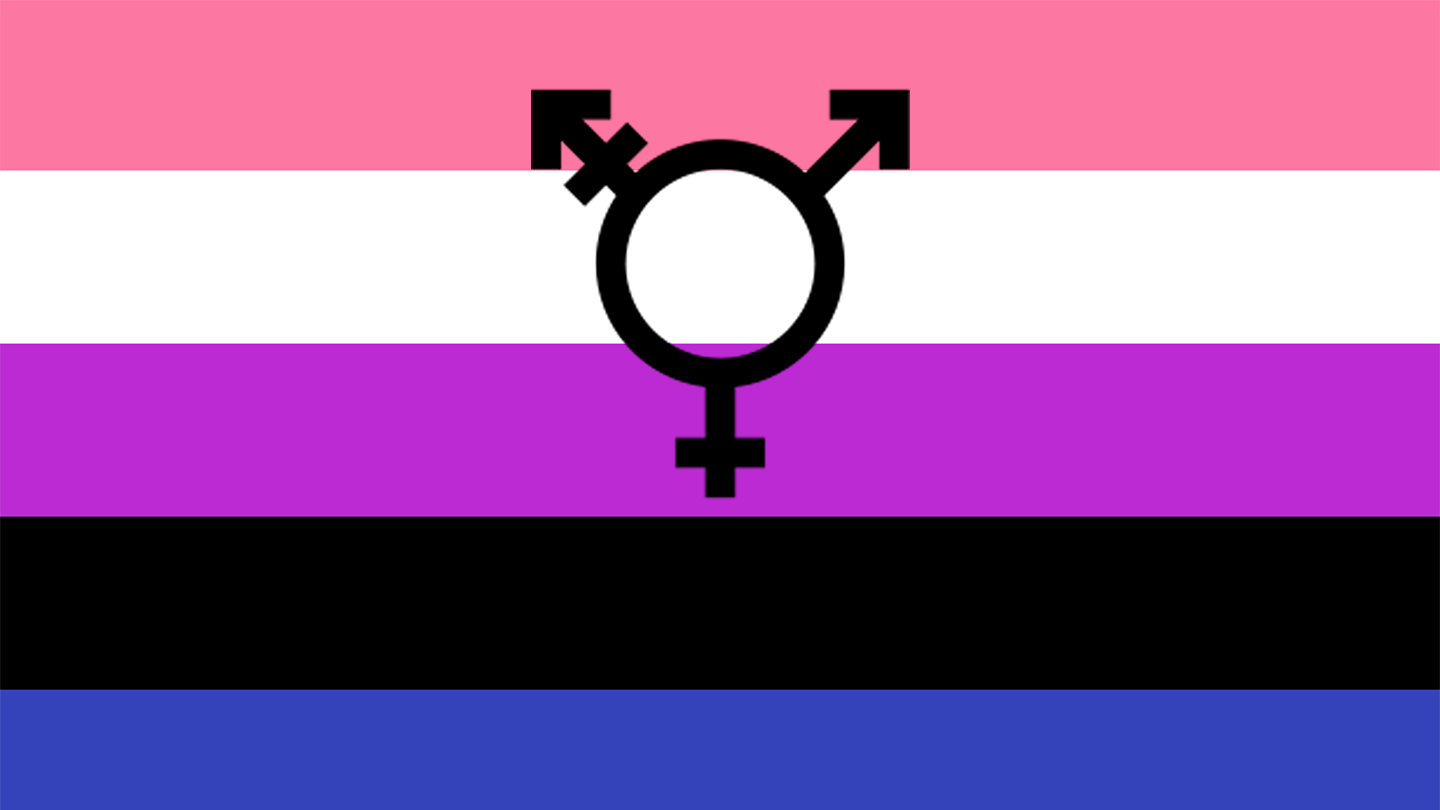Language is a funny thing: in its simplest sense, it’s a unanimously-accepted, arbitrary system of signs (or words) that correlates to objects and ideas. And while those words hold no real or essential value of their own accord, they come to shape and frame our perceptions of the world, and the people and things that populate it. But it’s by no means a democratic tool: with its prescriptive grammars and dictatorial standards of what does and doesn’t constitute language, the remit it allows us to express our thoughts and identities through it inevitably falls far short of sufficient.
Language is also, on the whole, woefully slow to change—but progress is underway. In a welcome move on the part of Merriam-Webster, the dictionary arm of Encyclopaedia Britannica, the non-binary pronoun ‘they’ has been announced as the word of the year. The news comes following a reported 313% increase in searches for the term on the organisation’s platform over the last year. “It reflects a surprising fact: even a basic term — a personal pronoun — can rise to the top of our data,” says the organisation. “The shifting use of ‘they’ has been the subject of increasing study and commentary in recent years.”
Of course, colloquial language use doesn’t require dictionary approval, and, while Merriam-Webster only added a definition of ‘they’ as a non-binary pronoun in September, the history of its use as a marker of gender-neutrality is far more extensive—over 600 years reportedly. Nevertheless, such institutional validation is concrete proof of a cultural sea change in attitudes towards open, plural gender expression. It’s also a wax-sealed fuck-you to the morons who insist that gender-ambiguous articulations are ‘grammatically incorrect’, as if grammar were some Newtonian law.
After all, in the grammars of some of the English language’s closest cousins, pronouns freely adapt depending on their context. In German, for example, ‘sie/Sie’ can mean ‘she’, ‘you’ or ‘they’ (plural), depending on whether the word is capitalised, and on the verb conjugation that follows. And in Swedish, the two grammatical genders are ‘common’ and ‘neutral’, rather than the regressive Romantic masculine/feminine binary you’ll faintly recall from your secondary school French classes.
Anyway, if the dictionary’s choice of the pronoun is to be received as a harbinger of a more progressive year to come, let’s hope that its runner-up, ‘impeach’, is too…
